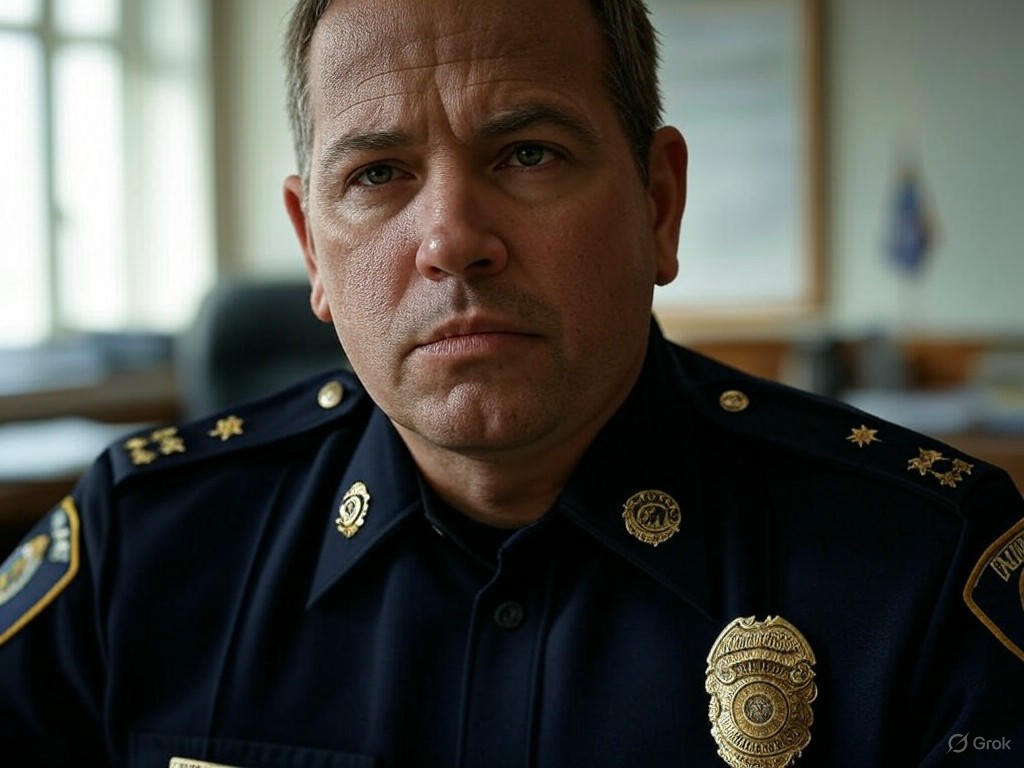San Antonio Police Chief Revises Stance on Jonathan Joss Tragedy
In a surprising turn of events, San Antonio Police Chief William McManus has publicly acknowledged a misstep in the department’s initial assessment of the tragic shooting death of Jonathan Joss. The incident, which has gripped the local community and sparked widespread debate, was originally declared by the San Antonio Police Department as not being motivated by hate. However, Chief McManus recently walked back that statement, admitting that the conclusion was reached too hastily and without a thorough examination of all evidence. This reversal has reignited conversations about bias, justice, and the role of law enforcement in sensitive cases.
The shooting of Jonathan Joss, a beloved figure in the San Antonio entertainment scene, sent shockwaves through the city earlier this year. Known for his contributions to local theater and advocacy for marginalized communities, Joss’s untimely death left many searching for answers. Initial reports from the police suggested that the incident stemmed from a personal dispute, with no indication of prejudice or targeted malice. This narrative, however, clashed with accounts from friends and family who believed Joss’s identity and activism made him a potential target. Community activists quickly called for a deeper investigation, urging authorities not to dismiss the possibility of a hate crime without substantial proof.
Chief McManus’s recent statement marks a significant shift in the case’s trajectory. During a press conference, he expressed regret for the department’s premature judgment, stating, ‘I will own that mistake. We spoke too soon, and we are committed to reevaluating every detail to ensure justice is served.’ This admission has been met with mixed reactions. Some view it as a rare display of accountability from law enforcement, while others argue that the initial dismissal caused irreparable harm to public trust. Activists and community leaders have emphasized the importance of transparency moving forward, demanding that the investigation consider all angles, including Joss’s outspoken work on social issues as a potential motive.
The broader implications of this case extend beyond San Antonio, highlighting the challenges police departments face when labeling crimes as hate-driven. Such classifications carry significant weight, influencing not only legal proceedings but also public perception and community healing. Experts suggest that early missteps, like the one admitted by Chief McManus, can perpetuate skepticism toward law enforcement, especially in cases involving vulnerable populations. As the investigation into Joss’s death continues, many hope it will set a precedent for how similar cases are handled, prioritizing thoroughness over expediency.
As San Antonio mourns the loss of a vibrant talent, the focus remains on uncovering the truth behind Jonathan Joss’s death. Chief McManus’s willingness to retract the initial statement may be a step toward rebuilding trust, but the road ahead is long. The community watches closely, hoping for clarity and justice in a case that has touched so many lives. With renewed commitment from the police department, there is cautious optimism that the full story will emerge, honoring Joss’s legacy with the respect it deserves.


